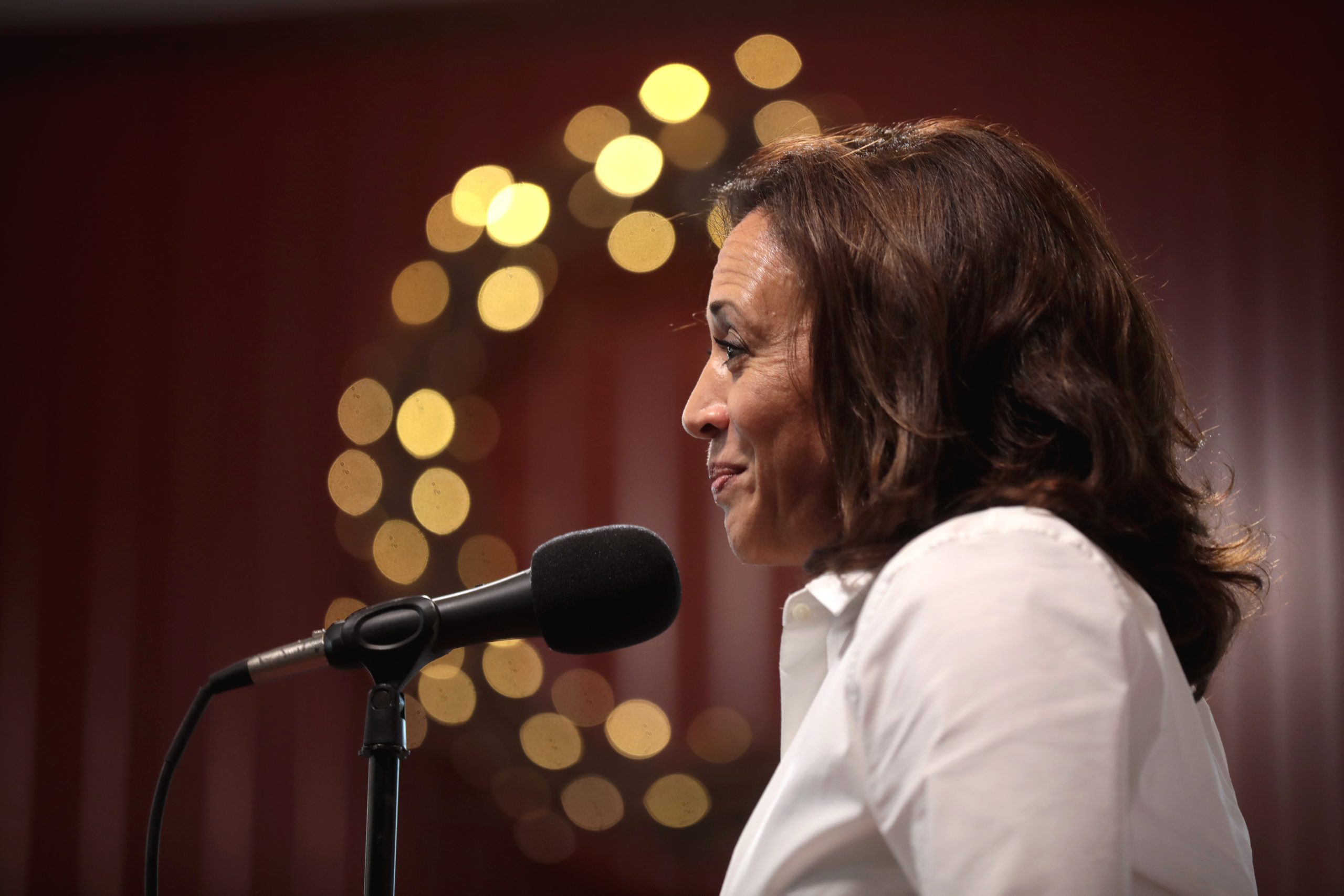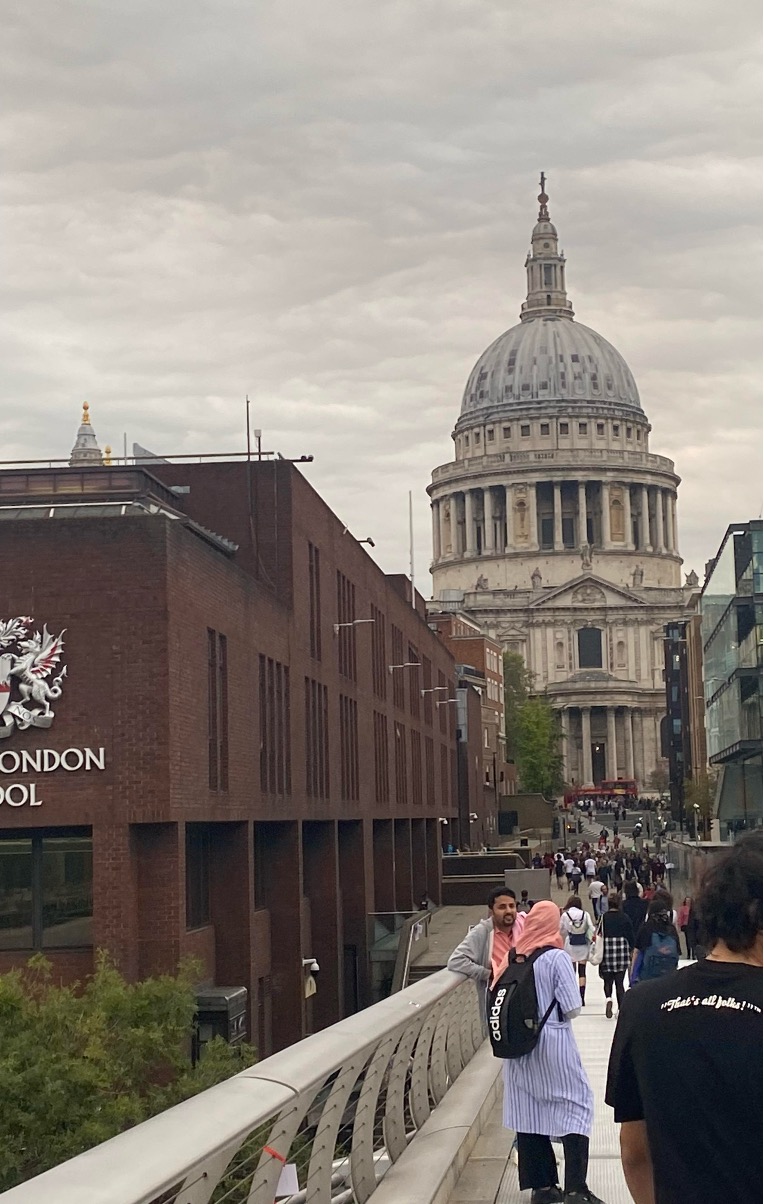
The Count: Local woman is from two places at once (just like the VP)

Regretfully, my contribution to the US election coverage hails from a dinner at the Oxford Union. There aren’t many things that can snap me out of a blissful wine haze but at the dinner something managed just that. Trying haphazardly to avoid both looking directly down the photographer’s lens or spill merlot on my dress, I was dragged back to the land of the sober by the woman opposite saying something to the effect of “well I’m not really sure she knows who she is. Is she Black or is she Indian? How can people vote for her if she doesn’t know that?”.
She was, of course, referring to Kamala Harris, the Democratic candidate in the upcoming election. Her heritage has occupied a significant portion of the American consciousness in the past few months. Where Harris has sought to emphasise her dual heritage, Donald Trump has attacked it as a sign of weakness and fickleness, arguing she doesn’t know who or what she is. It’s a stupid attack line, frankly – what does it have to do with her as a policymaker? – but it’s a pervasive one. So pervasive, in fact, that I was hearing it at a dinner table just under four thousand miles away. I had thought it was uniquely American thing (sorry America), and to hear it spouted at dinner shocked me no end. Someone being from two different places is not news.
I am from two different places. That is a thing that happens if your parents are from different places. It’s not terribly newsworthy and doesn’t really impact what I think about climate change or what I would do with the nuclear codes. It’s funny actually Trump first expressed his confusion about Harris’ heritage at a convention for black journalists, and I was at a Black History Month dinner. I found myself quite stumped by our shared predicament. Not being enough of one culture or the other is a thing mixed people have to grapple with near-constantly, but to hear it expressed so directly was hard. Harris exists as a sort of hypothetical being here, but I was sitting right across from this lady who had doubts about someone being both Black and Indian at the same time. Good manners and polite society meant she could not say straight to my face that I don’t know what I am but just by bringing it up, she was getting quite close. To think about my being mixed having any impact on my ability to make decisions or lead just seemed beyond belief.
I asked her why she thought this. I wish I could tell you I remembered her answer well enough to quote it. For her, she expressed, identity was at the core of everything. Harris’ uncertainty and dishonesty was evident from her refusal to commit to just one culture, just one race. How was she supposed to lead a country with such a diminished sense of self? Trump is many things but uncertain is not one of them. His sense of self is brazen and aggressive. Complexity is not exactly compatible with what he’s offering to voters. Attacking her heritage weakens her right at the centre of her identity. Truthfully, it’s ridiculous. What are we supposed to do, pick one and ignore the other forever? It’s like being forced to pick a favourite parent or wear a single sock. Her failure to reject one of the cultures she was born into made her an unfit presidential candidate in this person’s eyes. It’s been such a sticking point in the election.
Both of them have been making advances to minority voters and the polls reflects this. One conducted by the New York Times and Siena in early October puts Harris at 78% support among Black voters, with Trump at 15%. Compare this to the numbers in the 80% and 90% in recent elections and one is left wondering why. Of course, polling in this election specifically ought to be taken with a pinch of salt – there are methodological issues lengthy enough for another article – but this idea of Harris not knowing who she is is an effective one. Other issues are also present, of course, but this idea of Harris as a weak or ineffective leader can quite easily be drawn down to her not knowing who she is.
Again, to suggest that being from more than one place constitutes a serious character flaw is more far-fetched than the thought of a unanimous vote in the Senate. The relative irrelevance of J.D. Vance in my brain meant that his family had slipped my mind at the dinner, but I would have loved to have asked her about it. Vance’s wife is Indian, and any mildly sentient being could deduce from this that Vance’s children are Indian-American. Where does this leave them? Where does this leave anyone of mixed heritage?
I will say to you what I said to her: it is possible to be both Black and Indian. Whatever Harris’ faults, being from two different places has no bearing on her ability to lead. Doesn’t it sound silly having to say that out loud? It’s a very easy fix, I think – simply expressing that quite quickly changed her mind. But without that, people will continue to think that her sense of self is uncertain and her heritage makes it so.
People of mixed heritages are born with multitudes inside of them. To exist between cultures and contexts that speak to other in different and often contradictory ways can often feel like whiplash. I only recently found out where I’m from after a lifetime of knowing I was just mixed, and I thought it would be the answer to everything. From the minute I found out my mind brimmed over with questions and upset at being too stuck in one culture. Picking just one never crossed my mind.
People seem to think that identity is the end point. It’s not. It’s the start. The sooner America realises that the better. ∎
Words by Kelsey Moriarty. Image Courtesy of Greg Skidmore via Flickr.







